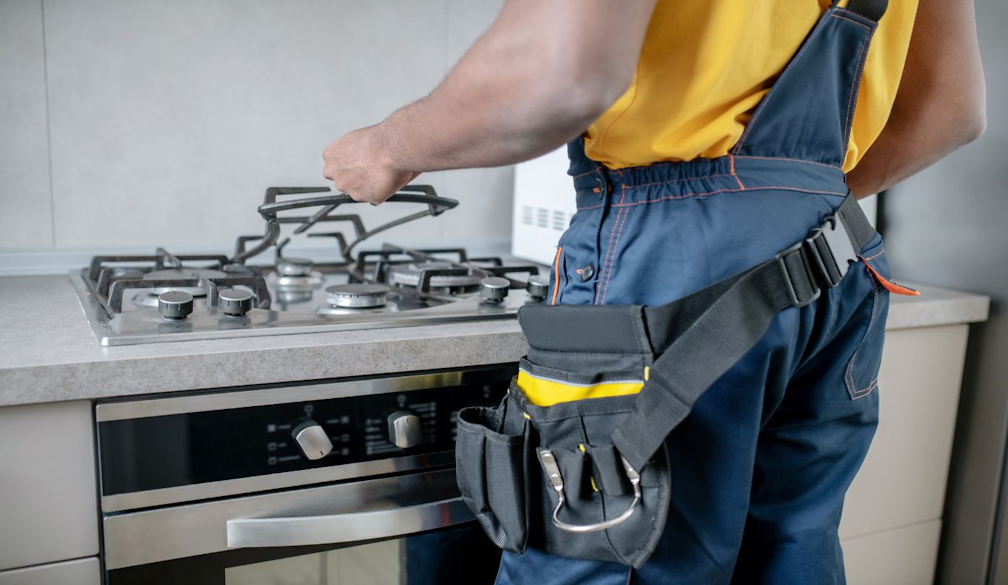Making the Switch: How Hard is Gas Stove Installation?
- Written by Joe Rantino

If you're thinking about leaving electricity behind to have a gas stove installed, there's a lot you need to consider. Whether it's a question of ongoing costs with your fuel source or the difficulty of gas stove installation, it's worth doing your research.
I’m Joe Rantino from Gladesville Plumbing, and after many years of experience in the industry, I’ve handled countless gas stove installations. There are important considerations to make before you make the switch – and that includes choosing a licensed gas fitter to handle the installation.
What You Need to Know About Switching
The installation process itself is not difficult, but working with gas is dangerous. So, it's imperative that you have any gas work carried out by an expert with the appropriate licensing and qualifications.
If there's an existing gas line, the process will be straightforward. The challenge comes when you require gas line installation. You could achieve the same outcome by opting for propane, but this requires regular deliveries depending on your usage.
The first step is to ensure you are part of the gas network. New South Wales has several providers and you can check who operates in your area using the NSW Energy website. Most urban neighbourhoods are connected to the gas network, but for many rural communities or outlying neighbourhoods, that isn't yet the case.
Natural Gas vs Propane
Is natural gas right for your household or would propane be a better choice? Both are common options for household use in Australia, but how do they weigh up in terms of fitting and delivery expenses?
If you are in an area where the gas network is well-established, natural gas is a more cost-effective option. However, the cost varies on location. Once the installation takes place, the only ongoing costs are usage. The installation cost will potentially include the gas connection to your property. There is a service charge for natural gas, so if you only plan to use gas to cook or for hot water, propane may be a more suitable solution.
Propane is suitable for areas that aren't part of the natural gas network. It's more expensive as the costs include the propane, the storage tank, and delivery fees. The frequency of delivery depends on the tank size and how much you use. The installation costs include the tank and any associated equipment. The ongoing costs will be higher than those of natural gas, but initial costs are lower.
Keep in mind that there will also be additional costs if existing appliances require conversion because the kits come with a cost. You can factor that into your decision, along with the installation costs and ongoing expenses. Whatever option you choose, it's essential you work with a qualified gas fitter.
About the Author
Meet the plumbing ace of North Sydney, Joe Rantino at Gladesville Plumbing Services. With over two decades of plumbing mastery and extensive qualifications, Joe is a go-to expert for all things plumbing, covering lifestyle, news, and reviews. Known for his dedication to customer satisfaction, he's the name we trust for plumbing advice. He’s here to make sure you have the knowledge you need to make informed decisions about your plumbing needs.





